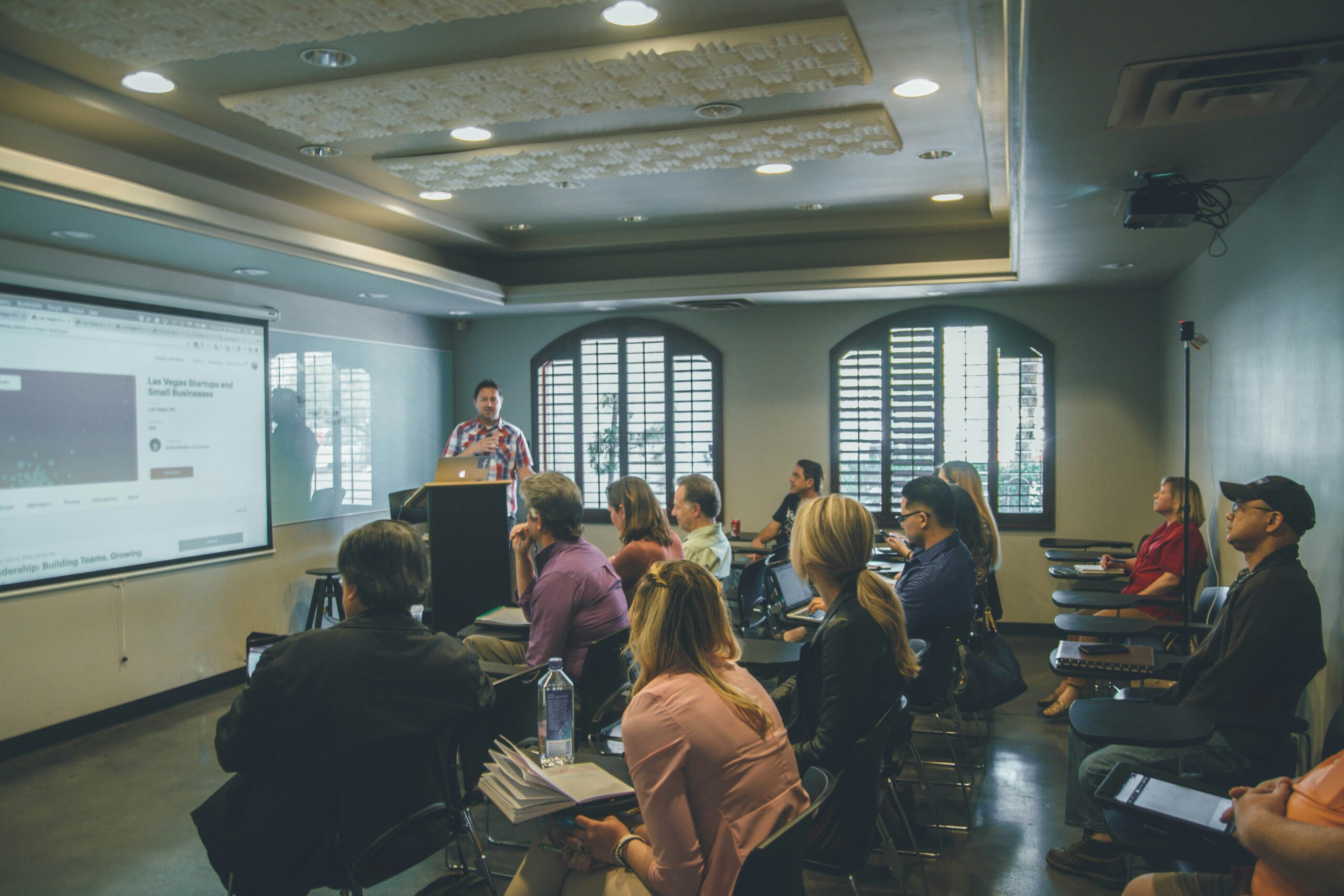Teacher’s Voice
Some Lessons Learnt from Mentoring Newcomers

Several summers ago, when my college invited employees to mentor new immigrants in the field of education, I looked forward to greeting these newcomers. Without delay, many colleagues and I worked with mentees across teaching, tutoring, administration, coaching, and technological services. For me, almost every mentee matched with me was a teacher trying to re-establish a career in secondary or post-secondary settings.
From meeting immigrant teachers, I learned about them personally, culturally, and vocationally. But I first needed to undertake mentoring as a professional, goal-oriented responsibility to enhance newcomers’ employment success. I was working with diverse people’s lives, their well-being, potential careers and ultimately, their future in Canada.
With these premises, each newcomer and I were expected to set goals, build a relationship, complete a mentoring program together, and achieve realistic outcomes within a set time and available resources.
As a mentor, I was a trusted guide sharing relevant experience, networks, and resources with newcomers. After working with me, some mentees continued to pursue teaching opportunities while others found related careers, and a few switched to different professions altogether.
Regardless of mentoring outcomes, the process of building a professional relationship was similar with each mentee: we used trust, respect, collaboration, discovery, and realistic goals to achieve mutual success. With newcomers from vastly different regions of the world, they and I didn’t always know enough about each other’s cultures, experiences, or behaviors. But in fact, these ambiguities gave us wonderful opportunities to learn about one another’s approaches to life, ethics, work, family, customs, and relationships.
When mentoring encouraged me to step outside my comfort zone and inside other people’s realities, I found an important learning moment for myself: newcomers’ experience of culture shock when they took on new roles in Canada as workers, parents, and learners, as well as neighbors, friends, and consumers.
For example, I met very seasoned teachers who’d never taught in diverse classrooms typical of Canadian ones — across gender, ethnicity, religion, income, visible and invisible disabilities, and sexual orientations. They felt incompatible with many people’s backgrounds different from theirs, or those they’d grown up with.
And for example, some new Canadians I met were refugees fleeing war, political oppression, or other forms of displacement, with a priority to feel safe from harm, danger, and desperation before they could settle down to study or work, as other people did at ease.
But regardless of who they were, newcomers could face startling cultural practices, with some feeling a shock so deep they’d retreat to a safer mental space and not deal with the anguish, even if they’d suffer in silence from physical and emotional isolation.
Mentors like me weren’t licensed psychotherapists, but in the field of education, if I recognized physical or mental symptoms of culture dislocation that needed medical attention, I’d ask mentees about seeking health care for ailments such as fatigue, insomnia, and mood sensitivities.
I also recalled having attended professional development on culture shock, trauma-informed support, culture-specific engagement, and change management. In addition, from public and private institutions, I found helpful responses to new Canadians’ distress, including culture clash leading to feelings of alienation.
Resources I collected were helpful to mentors and mentees as they built relationships on empathy, trust, and respect: “You can tell me what happened to you; we’ll sort it out together”. By encouraging safe, non-judgmental discussions and bolstering mentees’ resilience, I was hoping to reassure newcomers that culture shock was a common experience for many immigrants, but that with time and relationships with others, they could adapt to Canada’s social environment and find success in it.
Although I couldn’t help every newcomer secure the employment they wanted, most mentees felt they’d gained new ways of looking at career options through our collaboration. They also reported being more adept with job-seeking protocol, more skillful at joining professional networks, and more prepared to try new experiences in the Canadian job market. As well, I distinctly remember mentees who openly shared their challenges with mentors would approach work and networking more optimistically. Likewise, mentees who pro-actively re-wrote and re-customized their professional portfolios would also receive more responses from employers.
As for me, a teacher among countless others, mentoring’s had an impact on my personal and professional growth. I’ve become more reflective of my strengths, limitations, and critical thinking skills. As I’ve grown more responsive to students and colleagues, I’m also less hesitant to confront unfamiliar circumstances.
Ultimately, mentoring newcomers and teaching adults are parallels for learning about people, finding ways to empower them, helping them overcome obstacles, and achieving success together. For these reasons, I’d encourage newcomers to seek out mentors from community service agencies, and mentors to invest in helping new Canadians wherever they can find them.
by MINA WONG





